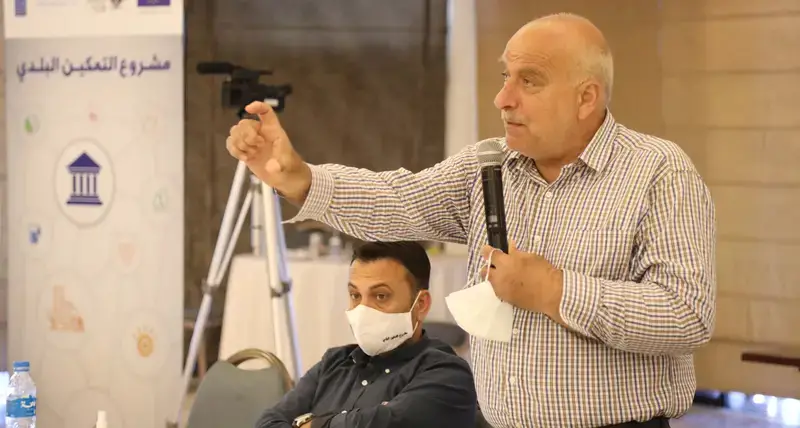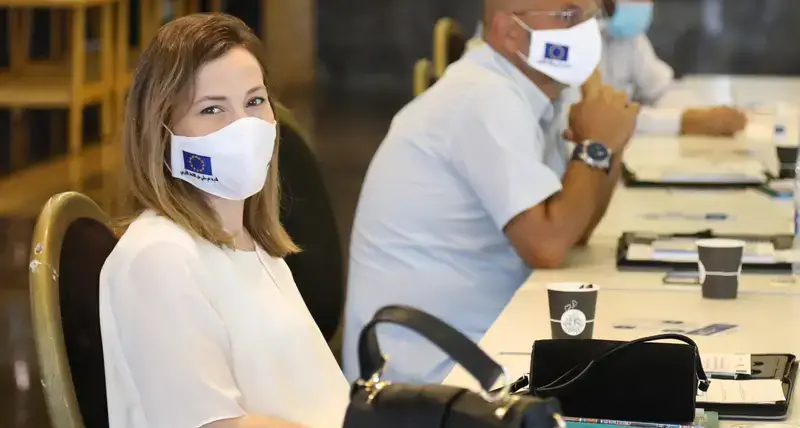Overview
The Syrian displacement crisis, topped by Lebanon’s economic and financial crises, and the global and local impact of the COVID-19 pandemic, is putting tremendous pressure on the country’s services and resources, particularly at the local level. Municipalities and Unions of Municipalities (UoMs) are responsible for key services and play an important role in local economic development and in ensuring stability and safety in the community. Yet they have limited ability and resources to play these crucial roles and respond to the needs of local communities. This situation is further exacerbated by the current economic and financial crises and the global COVID-19 pandemic.
The Municipal Empowerment and Resilience Project is a joint initiative by the United Nations Development Programme (UNDP) and the United Nations Human Settlements Programme (UN-Habitat). The project is being implemented in partnership with the Ministry of Interior and Municipalities (MoIM) and funded by the European Union (EU), through its Regional Trust Fund in Response to the Syrian Crisis. The project aims to strengthen the long-term resilience of subnational authorities in Lebanon as well as that of host communities and displaced persons affected by the crisis.
Images

Union of Tyre Municipalities
Eng. Hassan Dbouk, head of the Union of Tyre Municipalities discussing challenges faced by unions in Lebanon.
UNDP | UN-Habitat

North Lebanon
Municipal staff attending MERP events.
UNDP | UN-Habitat
MERP’s Key objectives
- Subnational authorities will have enhanced capacities to engage in holistic, area-based planning and to consider different scenarios that respond to the needs of the host, refugee, and internally displaced person (IDP) populations.
- Service delivery will be increasingly responsive and will generate more significant social stability outcomes based on the needs of the host, refugee, and IDP populations.
- Subnational authorities will be empowered to facilitate local economic development and will have better access to municipal investment that will benefit the extension of public services and economic opportunities for the host, refugee and IDP populations.
The Project’s geographic areas of intervention are the Urban Community Al-Fayhaa, the Federation of Municipalities of the Northern and Coastal Matn, and the Union of Tyre Municipalities with a total of around 91 potential partner municipalities